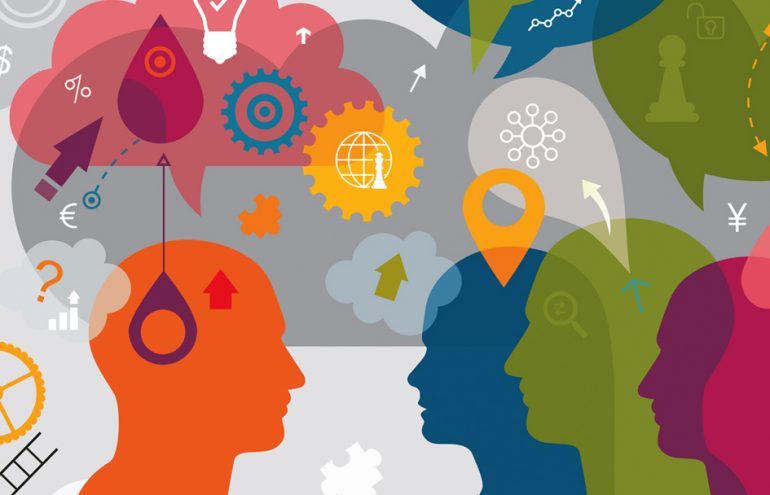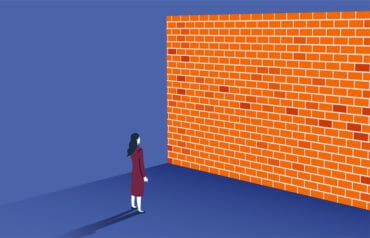It may be among the toughest conversations you ever have to initiate. But when you think a colleague is in trouble—experiencing difficulties with drugs and alcohol or spiraling into a seemingly intractable depression, for example—it is worse, for both your friend and the firm, to avoid the issue. We’ve asked professionals in the know for advice on approaching a colleague and offering constructive help and support when these delicate issues arise.
What If It’s Substance Abuse?
“If you suspect a problem, we don’t encourage anyone to make a diagnosis,” says the Honorable Sarah L. Krauss of Brooklyn, New York. She is Chair of the ABA Commission on Lawyer Assistance Programs (CoLAP) and has been instrumental in the past several decades in ensuring that lawyers and judges have access to appropriate resources.
“Call your local lawyer’s assistance committee or the bar association for help in understanding what to look for. If you then determine that there is, indeed, a problem, these groups offer a number of options, including staging an intervention or connecting the colleague with a trained volunteer who can speak with them anonymously,” she advises. “Our volunteers are very savvy and can act as mentors as well as direct callers to additional support and resources.”
Some things to keep in mind:
- Confidentiality. Unless there has been an ethics violation, both the caller and the colleague in question are protected by state confidentiality laws. This works both ways—protecting the anonymity of the person in trouble as well as giving the person reporting the issue freedom from any repercussions.
- Costs. Because CoLAP is a national clearinghouse that is heavily staffed by volunteers, it does not fund treatment. However, it can provide an expert to run an intervention free of charge. Judge Krauss suggests investigating the funding mechanisms in place by state bar associations as well as any employee assistance programs (EAP) that are part of an individual firm’s benefits/health insurance package. “We’ve found that the largest group needing help is solo practitioners,” she says, “and they typically reach out when they are on the brink of losing their business. We can help find them scholarships or payment plans so that they get the help they need.”
- Outreach. With substance abuse and other issues such as depression and Alzheimer’s on the rise in the legal profession, programming only continues to grow. “We are starting to reach out to law schools,” says Judge Krauss. “Studies show that 40 to 50 percent of students experience depression after completing their first year. We are also trying to establish a model for addressing judges and lawyers with dementia.”
That ultimately means that if you or someone you know needs help, you have a starting place.
Helpful Links
- The ABA Commission on Lawyer Assistance Programs (CoLAP) provides a clearinghouse for information and is a great starting point.
- The ABA Directory of State and Local Lawyer Assistance Programs can link you directly to local assistance programs.
- Most legal assistance programs, like the Illinois and Chicago Bar’s LAP program, offer CLE, customized programming, intervention services and support groups.
- In “Knock Out Burnout,” Sheila Blackford wrote on the myriad issues surrounding burnout among lawyers, with tips for battling it.

















